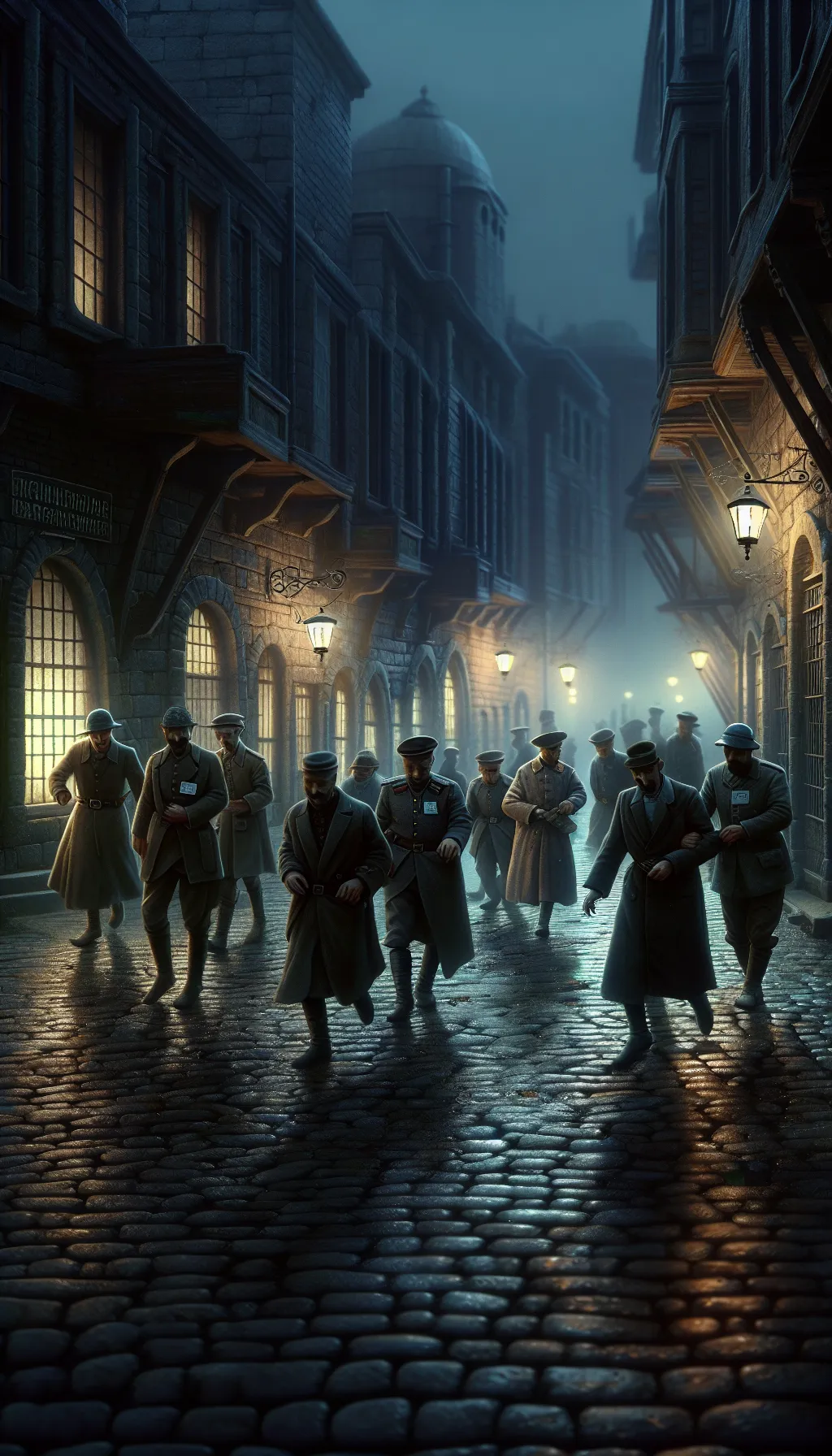Ottoman Empire – The Dark Dawn: April 24, 1915 and the Armenian Genocide
TLDR;
- Event: On April 24, 1915, Ottoman authorities began arresting Armenian intellectuals and leaders in Constantinople, marking the start of the Armenian Genocide.
- Scale: An estimated 800,000 to 1.5 million Armenians were killed through massacres, death marches, and forced labor, with scholars often citing figures around 1 to 1.2 million.
- International Response: Despite international condemnation, no effective intervention occurred, and the term ‘genocide’ was later coined in 1944 by Raphael Lemkin.
- Legacy: The Armenian Genocide remains a contentious issue, with Turkey denying it despite recognition by over 30 countries and a consensus among historians.
–
Story
In the pre-dawn hours of April 24, 1915, the streets of Constantinople were eerily quiet, a deceptive calm before the storm. As the city slept, Ottoman authorities began rounding up Armenian intellectuals, leaders, clergymen, writers, and activists. This was the first act in a tragic play that would unfold over the coming years—a systematic campaign of extermination that would become known as the Armenian Genocide.

The Ottoman Empire, once a vast and diverse realm, was crumbling under the weight of World War I. Amidst the chaos, the government sought a scapegoat for its troubles, and the Armenian population, a Christian minority, became the target. While April 24, 1915, is a symbolic starting point, earlier massacres and deportations had already occurred in 1914–1915, particularly in eastern Anatolia.
The turning point came with the arrest of over 200 Armenian leaders in Constantinople. This decapitation of the Armenian community’s leadership was a calculated move, designed to prevent any organized resistance. From there, the violence spread like wildfire across the empire. Men were executed, women and children were forced on death marches primarily to Deir ez-Zor in the Syrian desert, and entire villages were wiped off the map.
Many also perished in concentration camps or through forced labor. The world watched in horror, yet action was slow. While there was international condemnation, such as Allied powers denouncing the massacres in 1915, no meaningful intervention occurred. The term ‘genocide’ was not yet coined (Raphael Lemkin did so in 1944), but contemporary reports referred to it as ‘crimes against humanity’ or ‘massacres.’
The Armenian Genocide remains a deeply contentious issue, with Turkey officially denying it, despite the overwhelming consensus among historians and over 30 countries recognizing it as such. As we reflect on this dark chapter of history, we must ask ourselves: How do we prevent such atrocities from happening again?
–
| Would a different international response have changed the course of history? |